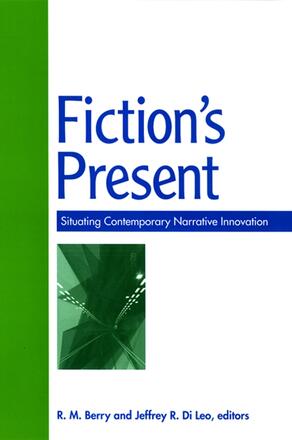
Fiction's Present
Situating Contemporary Narrative Innovation
Alternative formats available from:
Fiction writers and critics engage the aesthetic, political, philosophical, and cultural dimensions of contemporary fiction.
Description
Combining creative and critical responses from some of today's most progressive and innovative novelists, critics, and theorists, Fiction's Present adventurously engages the aesthetic, political, philosophical, and cultural dimensions of contemporary fiction. By juxtaposing scholarly articles with essays by practicing novelists, the book takes up not only the current state of literature and its criticism but also connections between contemporary philosophy and contemporary fiction. In doing so, the contributors aim to provoke further discussion of the present inflection of fiction—a present that can be seen as Janus-faced, looking both forward to the novel's radically changed, political, economic, and technological circumstances, and back to its history of achievements and problems.
Editors R. M. Berry and Jeffrey R. Di Leo contend that examinations of fiction's present are most informative not when they defend philosophical distinctions or develop literary classifications, but when they grapple with elusive topics such as the meaning of a narrative present or the relation of fiction's medium to its representations of context. As the essays reveal, this process, when pursued diligently, breaks down traditional divisions of academic and intellectual labor, compelling the fiction writer to become more philosophical and the theorist to become more imaginative. The value of this book is not in the exhaustiveness of its treatment, but rather in the seriousness of the criticism it incites. The present materializes in quarrel, and it is toward such a beginning that the writings in Fiction's Present work.
R. M. Berry is Professor of English at Florida State University and author of the novel Frank. Jeffrey R. Di Leo is Associate Professor of English and Philosophy at the University of Houston at Victoria and editor of the American Book Review and symplokē.
Reviews
"This is a lively, provocative, and extremely timely collection that explores the role of serious innovative fiction in our current cultural 'present' in which literature seems increasingly marginalized." — Larry McCaffery, author of Some Other Frequency: Interviews with Innovative American Authors